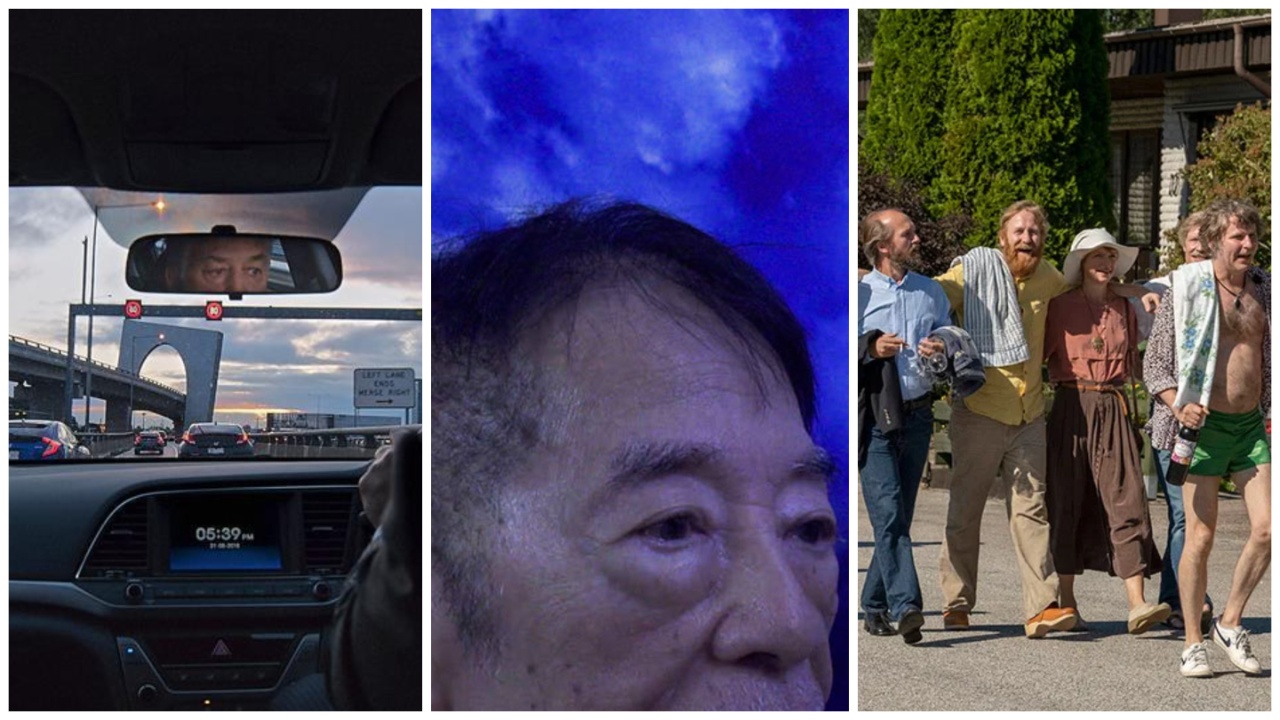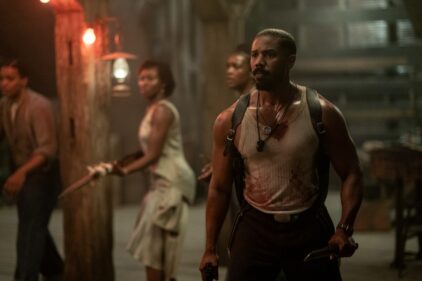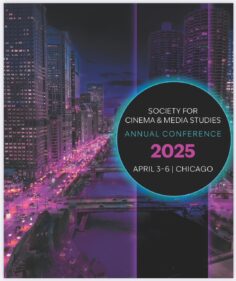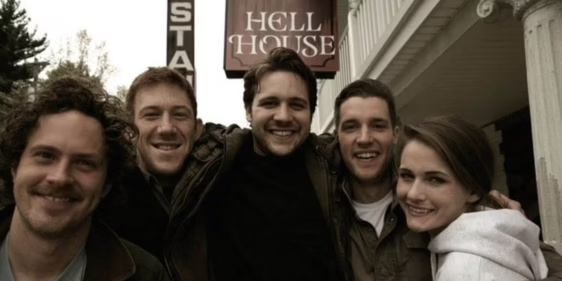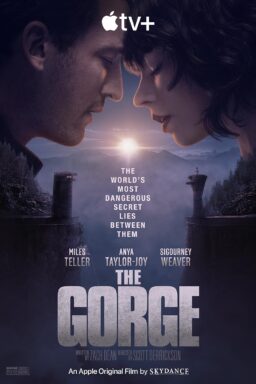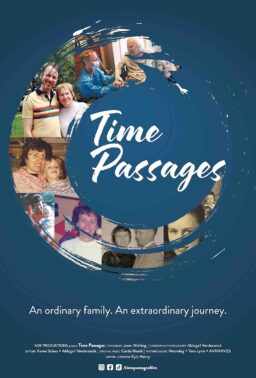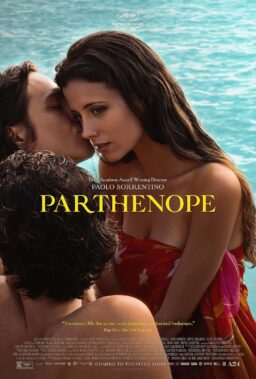Sometimes, the path for a film from its festival debut to its theatrical release can be arduous. Low-budget movies without stars or flashy plotlines can have a tough time courting distributors. Documentaries that aren’t based on true crime or celebrities have fewer takers. But in the case of “Fancy Dance,” the delays are a little more surprising. Starring Lily Gladstone as a woman searching for her missing sister, the film debuted in competition at Sundance in 2023, receiving strong reviews. And yet, it took this indie road drama more than a year to find a distributor, with Apple TV+ finally picking up “Fancy Dance” around the time the studio’s “Killers of the Flower Moon” received multiple Oscar nominations, including one for Gladstone. Better late than never, the film opened in theaters last weekend, hitting the streaming service this Friday.
Despite some of them getting great notices, plenty of festival films never get a proper U.S. release. In honor of “Fancy Dance,” I decided to highlight six such movies—some I’ve seen, some I’d love to. My criteria was that the most recent films considered for the list were from this year’s Sundance. (Movies that premiered at SXSW or Cannes in 2024 are still new enough that they might get bought any day now.)
This is by no means an exhaustive rundown of noteworthy undistributed films, just ones that felt especially deserving of highlighting. Several of them are documentaries and essay films—the sort of challenging arthouse fare that often struggles to find its way to theaters—but maybe helping raise a little awareness for them can help—every bit of visibility matters.
“Gush” (premiered at Sundance 2023)
The term “experimental” is applied liberally to any movie that doesn’t adhere to conventional narrative tropes. As a result, the designation can lose all meaning—or be a catch-all for “Huh, that film sure was weird”—but the feature debut of Fox Maxy certainly seems to qualify. Described as a meditation on mental health, among other things, the 71-minute “Gush,” according to The Daily Utah Chronicle, “stitches together 15 years’ worth of personal and found footage … While there is no traditional narrative, images of brains, blood, heart, cigarettes, dogs, cameras, festivals, fashion, driving and dancing are repeated throughout.” The sensory overload is meant to be overwhelming, and Maxy doesn’t mind if viewers are left baffled by her maximalist visual essay. “The film was made out of disgust,” Maxy said. “But not with the intention of that disgust vibrating to the audience. It makes sense, and it doesn’t translate, but that’s okay.” Such highly personal projects rarely find a wider audience, but Maxy’s visceral, emotional approach in “Gush” sounds incredibly promising.

“Nowhere Near” (premiered at Open City Documentary Festival 2023)
Miko Revereza makes films about dislocation. His 2019 documentary “No Data Plan” found him riding an Amtrak train across America as he contemplated his anxious life as an undocumented immigrant. (Although raised in the U.S., he was born in Manila.) His latest also explores rootlessness. “Nowhere Near” sounds like a spiritual sequel of sorts to “No Data Plan,” chronicling his decision to leave the States and return to the Philippines. Split into two sections—the first in the U.S. as he prepares to depart, the second in Manila as he reunites with his grandmother—“Nowhere Near” is, according to Revereza, a “wandering psychogeographical journey [that] encapsulates the seeming impossibility of returning home,” which includes explorations of 9/11 and the Philippines’ past occupation by the U.S. “No Data Plan” was a quietly moving study of displacement, and I’m very curious to catch up with Revereza’s continuing personal odyssey.
“The Plains” (premiered at Rotterdam 2022)
For his first feature, Melbourne-based writer-director David Easteal had an ambitious idea: tell the story of an ordinary fiftysomething (Andrew Rakowski) entirely through a series of his daily drives home from work. Taking place inside the man’s car, where he occasionally talks to his mom or wife on the phone (or a coworker to whom he gives a ride), this three-hour drama is the sort of conceptually audacious arthouse film that is a darling of the festival circuit. Unfortunately, I was never able to catch “The Plains,” hoping that eventually some enterprising U.S. indie distributor would scoop it up. But outside of previously streaming on MUBI, “The Plains” remains one of those much-heralded films that has gotten away. A movie that sounds like a mixture of “Jeanne Dielman” and “Locke”? Who could possibly resist?
“Porcelain War” (premiered at Sundance 2024)
Winning the top prize at this year’s Sundance in the U.S. Documentary Competition, “Porcelain War” covers a topic that has been the subject of several recent superb documentaries: the ongoing Russian invasion of Ukraine. However, directors Brendan Bellomo and Slava Leontyev look at the conflict from a unique perspective, focusing on Ukrainian artists who chose to stay rather than flee, placing their homemade porcelain figures around town. Praised for its hopeful message and animation interludes, “Porcelain War” has screened in a slew of festivals since premiering in Park City. I would imagine this well-reviewed film will be picked up soon enough, especially because it sounds like a feel-good antidote to the understandably far-more despairing documentaries we’ve seen about the war.
“Together 99” (premiered at Toronto 2023)
Big franchises churn out endless sequels, but occasionally an indie gem will inspire a follow-up. It’s taken almost 25 years for Swedish filmmaker Lukas Moodysson to return to the world of his 2000 comedy-drama “Together,” which observed the denizens of a dysfunctional commune in 1975. The resulting film, “Together 99,” revisits the characters in 1999, discovering that some of the original commune members have died or moved on. This sequel takes the form of a “Big Chill”-esque reunion of old friends, and while it might not reach the heights of “Together,” Moodysson has thought about how aging affects individuals both physically and spiritually. Do people abandon their ideals? Or get stuck in their ways? And how do they live with the regrets of their youth? I’m surprised no one has picked up “Together 99” yet—while the first film was hardly a box-office barnburner, you’d think there’d be enough graying arthouse-goers around to make this an attractive commercial prospect.
“Where Are We Headed?” (premiered at Camerimage 2021)
How often do we ponder the public spaces we frequent? The places we’re hanging out at on the way to the place we’re ultimately heading? Ruslan Fedotov has made me think about these questions ever since I watched his captivating documentary “Where Are We Headed?” at True/False in 2022. The film has a seemingly straightforward construction—over the course of a year, he shot in and around the Moscow Metro, quietly observing bystanders—but what emerges is both a deft portrait of modern Russia and a meditation on human beings in mid-journey. Not surprisingly, “Where Are We Headed?” captures a kind of existential limbo—folks are largely waiting for trains—and so the movie’s chronicling of the in-between periods of our lives is fascinating. For those who miss the now-completed “How To With John Wilson”—specifically, its genius for casually uncovering random New York weirdness—Fedotov’s sneakily profound documentary about the surrealism of the everyday might scratch that itch.

